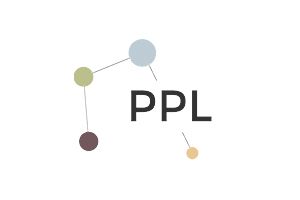We examine the local data practices of citizens in Mexico who use Facebook sites as a platform to report crimes and share safety-related information. We conducted 14 interviews with a variety of participants who collaborate as administrators and contributors of these online communities. The communities we examined have two central components: the citizens who crowd-source data about instances of crime in different neighborhoods in and around Mexico City, and the administrators of the Facebook sites who use the crowd-sourced data to intervene and collaborate with other stakeholders. From our interviews, we identify the community, data, and action practices used by group administrators to collect, curate, and publish information about public safety that would otherwise go un-reported. The combination of these practices improves the reputation of the groups on Facebook, increases trust, and encourages sustained participation from citizens. These practices also legitimize data gathered by group members as an important grassroots tool for responding to issues of public safety that would otherwise not be reported or acted upon. Our findings contribute a growing body of work that aims to understand how social media enable political action in contexts where people are not being served by existing institutions.

The Participatory Publics Lab is a group of researchers concerned with community engagement and design. We are part of the Digital Media program in the School of Literature, Media, and Communication at Georgia Tech.
We explore the design of mobile and social media in the context of community development and activism. We do this through different modes of participation: in the design of these technologies; in the development of discourses about these technologies; in the use, adoption, and appropriation of these technologies.
We investigate forms of civic and community engagement through participatory design, design research, ethnographic research, and critical scholarship. Our research is supported by the National Science Foundation (NSF) and as part of the Intel Science and Technology Center in Social Computing (ISTC-Social).


